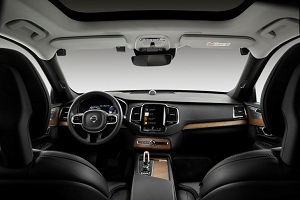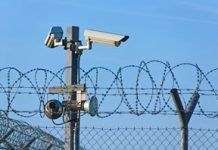With an aim to end fatalities involving its vehicles, Volvo Cars is planning to install cameras and other sensors inside its cars that would monitor the driver’s behaviour and allow the car to intervene if an intoxicated or distracted driver does not respond to warning signals and is risking an accident.
The intervention could be in the form of limiting the car’s speed, alerting the Volvo on Call assistance service and, as a final course of action, actively slowing down and safely parking the car. “When it comes to safety, our aim is to avoid accidents altogether rather than limit the impact when an accident is imminent and unavoidable,” said Henrik Green, Senior Vice President, Research and Development at Volvo Cars. “In this case, cameras will monitor for behaviour that may lead to serious injury or death,” Green added.
Such behaviour includes a complete lack of steering input for an extended period of time, extreme weaving across lanes, excessively slow reaction times or drivers detected with their eyes closed or off the road for an extended period of time. Introduction of the cameras on all Volvo models will start on the next generation of the company’s scalable SPA2 vehicle platform in the early 2020s. Details about the number of cameras and their positioning will be revealed at a later stage.
“There are many accidents that occur as a result of intoxicated drivers,” said Trent Victor, Professor of Driver Behaviour at Volvo Cars. “Some people still believe that they can drive after having had a drink, and that this will not affect their capabilities. We want to ensure that people are not put in danger as a result of intoxication,” Victor added. Besides, Volvo Cars also aims to limit the top speed on all its cars to 180 kmph from model year 2021. The company also revealed the Care Key, which would allow Volvo drivers to impose limitations on the car’s top speed, before lending them to others from model year 2021








